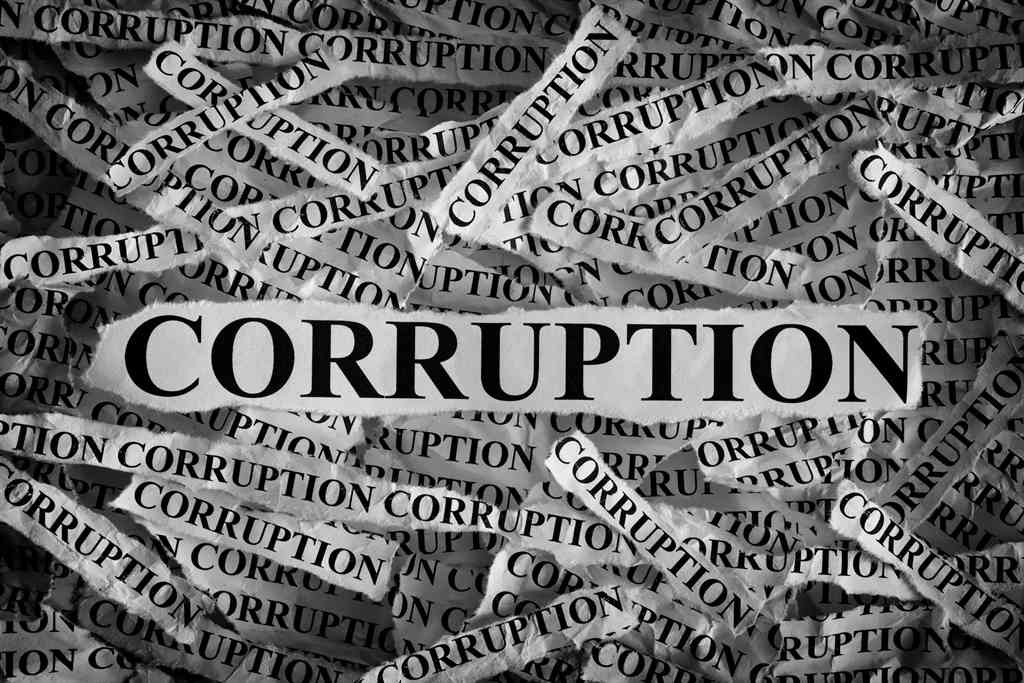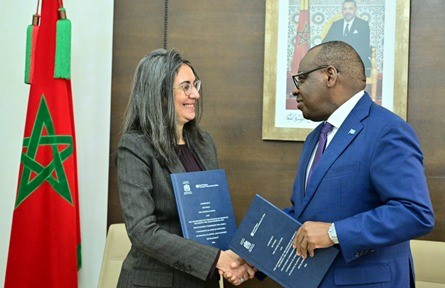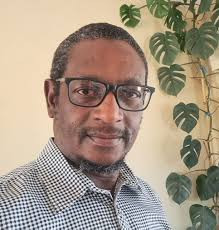
AN ANTI-CORRUPTION watchdog has called on Southern African Development Community (Sadc) member States to up the fight against graft by setting up a regional anti-corruption court.
In a petition directed to the Sadc bloc dated February 13, the Anti-Corruption Trust of Southern Africa (ACT-SA) challenged Sadc countries to walk the talk on corruption.
“Following the release of the 2023 Corruption Perception Index (CPI) which ranks countries by their perceived levels of public sector corruption, ACT-SA has noted with grave concern a shocking revelation of some Sadc member States as part of the most corrupt countries in the world,” ACT-SA said.
The Democratic Republic of Congo (DRC), Comoros, Mozambique, Madagascar and Zimbabwe were ranked as the most corrupt and form the tail-end of the CPI.
“These five countries are among the bottom five as re-ranked by ACT-SA among the 16 Sadc member States. The top five best performers include Seychelles, Botswana, Mauritius, Namibia and South Africa according to ACT-SA’s re-ranking exercise,” the watchdog said.
Southern Africa is also reeling from cross-border corrupt practices that include the smuggling of goods.
Several reports have linked high-ranking officials, some in government, to grand theft and looting of resources which has left ordinary citizens in southern Africa poor.
“In addition, ACT-SA has also noted in its analysis, the correlation between corruption and development giving reference to the Human Development Index (HDI), which is a flagship of the United Nations Development Programme. Countries perceived as less corrupt by the TI’s CPI are incidentally ranked highly in terms of human development and the opposite is true,” ACT-SA said.
- Teachers, other civil servants face off
- Mnangagwa in secret visit to Marange
- Veld fire management strategies for 2022
- Magistrate in court for abuse of power
Keep Reading
ACT-SA recommended the strengthening of anti-corruption institutions in countries which are at the tail-end of the CPI.
“ACT-SA urges Sadc member States to domesticate and embrace provisions enshrined in international anti-corruption treaties such as the African Union Convention on Preventing and Combating Corruption, the United Nations Convention against Corruption, the United Nations Convention against Transnational Organised Crime and its protocols as well as the Sadc Protocol against Corruption,” ACT-SA.
“Sadc member States should consider setting up a regional anti-corruption court to prosecute corruption cases from Sadc member States. “This is prompted by high levels of impunity and political interference when corruption investigations and prosecutions target high profile politically-exposed persons (PEPs) in Sadc member States.
These PEPs have a tendency of bullying investigators, prosecutors and the Judiciary in individual countries."
The organisation said it was disturbing that some foreign countries continued to be safe havens for assets stolen from southern Africa.
“They are urged to resist and speedily facilitate the return of stolen assets to make it difficult for the corrupt leaders to steal from the southern African citizenry,” ACT-SA noted.
In Zimbabwe, government critics say poor governance and corruption are responsible for the country's economic decline. Government and ruling Zanu PF officials deny the charges and blame sanctions.
Zimbabwe, through the Zimbabwe Anti-Corruption Commission has over the years spent millions of dollars investigating corruption cases, but to date very few convictions have been successfully made.











